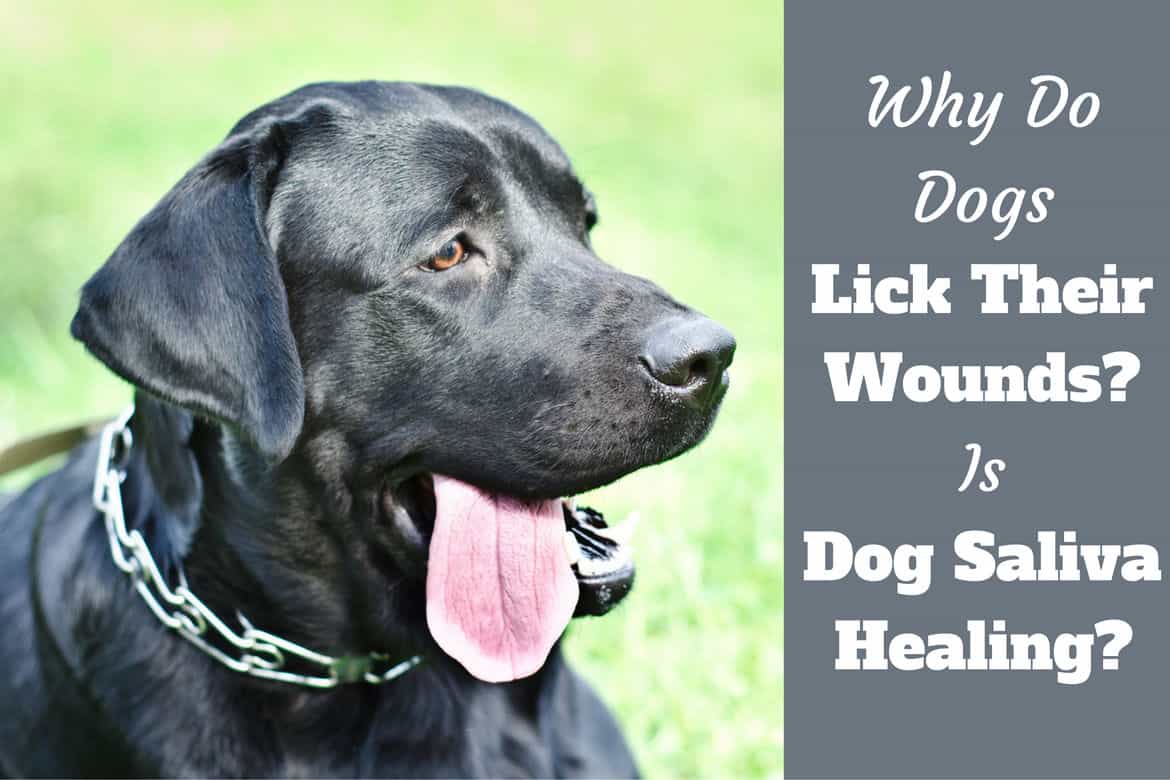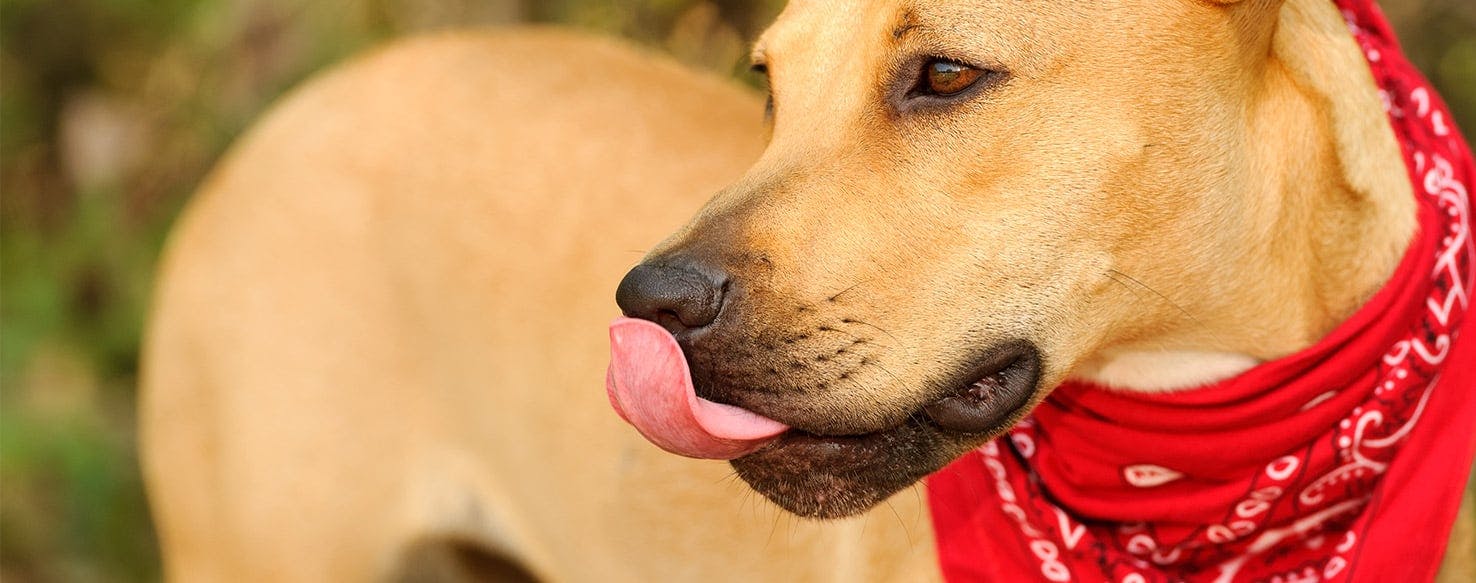
But excessive licking and biting at a wound is NOT a good thing. It isnt a good idea to let your dog lick your wounds and it really isnt a good idea to let him lick his own.

And canine saliva does have some mild antibacterial effect.
Dog licking his own wounds. Licking might offer some protection against certain bacteria but there are serious drawbacks to letting your dog lick wounds. Excessive licking can lead to irritation paving the. When it comes to dogs licking their own wounds a heavy amount of licking is likely to break down stitches and suture and re-open any closed wounds leaving them vulnerable to infection and the accumulation of dirt and debris.
Techniques to deter your dog from licking their wound These can include e-collars bandages and boots. Once you have cleaned out your dogs wound and used bitters on it to prevent it from licking you can try these techniques for even more success. Additionally you can use the bitters in conjunction with other techniques as it will prevent your dog from trying to take a bandage or boot off.
For those reasons its a good idea not to let your dog lick his own wounds and the wounds of other dogs and people especially when it comes to children. Even if nature is wise and you believe a dog licking himself is an instinct for him to heal himself then that means you can also say that he does it because its the only tool available for him to alleviate his discomfort or pain. Of course licking isnt always a good thing.
In many cases pets have a way of letting their tongues get the better of them. In fact beyond brushing off big particles of dirt and imparting the occasional dose of saliva on a wound dogs tongues are better off where they belong in their mouths. Thats because pets can get obsessed with licking to the detriment of healthy skin.
A bodysuit or a t-shirt can be quite effective in stopping your dog from licking wounds on it torso and abdomen. Keep your dog mentally occupied if he or she is otherwise healthy and up for it play games hide food practice tricks. Anything to distract from the desire to lick the wound.
Do not let your dog clean your injuries. Although your dog means well when it tries to lick your wounds canine saliva can cause infections in humans. As dog bites carry risk of infection so does licking.
It is rare for dog saliva to cause serious injury but it has in more than one case. Its true that some amount of normal licking can be therapeutic. In fact theres some evidence that cross-species licking is related to lower levels of infection than same-species licking presumably due to the lower levels of species-specific bacteria.
But excessive licking and biting at a wound is NOT a good thing. There is some evidence that dog saliva has some antibacterial plus the rough surface of a dogs tongue can loosen dirt which may have gotten into the wound. While licking may have some positive aspects to it the harm it may cause outweighs the good.
Licking can cause irritation and this can open the door for the development of a hot spot. My dog has a open wound he will not stop licking and its getting worse what can we put on it to help healing. Hes had - Answered by a verified Dog Specialist.
Ask Your Own Dog Question. My dog has a wound on his rear leg which he is not allowing to heal by lickingchewing. The benefits of moderate wound licking.
The enzymes in dog saliva help destroy the cell walls of dangerous bacteria. Lactoferrin and other antibacterial and anti-viral compounds can also be found in saliva. Licking a wound delivers protease inhibitors and growth factors which promote wound.
The image of an animal licking its wounds is often associated with anyones attempt to feel better after a metaphorical injury. But when dogs and cats are truly injured allowing them to lick their wounds can do more harm than good. It isnt a good idea to let your dog lick your wounds and it really isnt a good idea to let him lick his own.
Despite the suggestion that there may be bactericidal benefits the trauma caused by the friction of licking is destructive to the healing process. How to Keep a Dog from Licking a Wound Method 1 of 3. Measure your dogs neck carefully.
Wrap a cloth tape measure snugly around your dogs. Method 2 of 3. Unfortunately letting your dog lick his wounds can be detrimental to his health.
This is especially true if your dog had surgery or stitches. The goal of stitches is to keep a wound closed long enough for it to heal properly. Overzealous licking can quickly turn into chewing and biting.
After a surgery or an injury if a dog keeps licking their wound it can open the stitches or infect the wound more which has to be sterile and left untouched. In such situations ideally vets recommend an Elizabethan collar E-Collar to keep your dog restrained from licking the wound. For dogs licking wounds is like you rubbing your head if you hit it.
The nerves used to transmit the rubbing sensation block the feeling of pain or soreness. And canine saliva does have some mild antibacterial effect. For wild or feral dogs licking is probably beneficial in cleaning a wound.
As with the licking of wounds by people wound licking by animals carries a risk of infection. Allowing pet cats to lick open wounds can cause cellulitis and sepsis due to bacterial infections. Licking of open wounds by dogs could transmit rabies if the dog is infected with rabies although this.